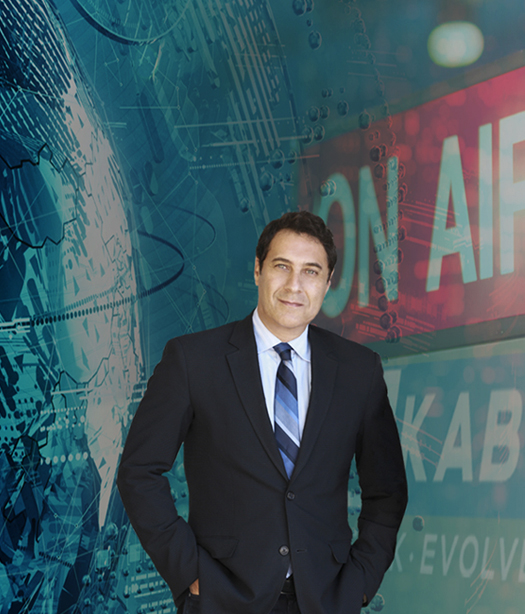John Henry Browne is the one to call when it's all on the line. For almost 40 years, JHB has successfully represented people charged with serious offenses in state and federal court. Honored in Best Lawyers in America since 1999, Browne is an attorney with a northwest practice and international reputation. Martindale-Hubbell consistently rates him as a "Most Pre-eminent Lawyer." He has tried over 300 criminal cases to verdict and represents a broad range of individuals faced with serious felony charges.
After graduating from American University School of Law in 1971, John was a Ford Foundation Fellow at Northwestern University School of Law. Shortly after that, he began his legal career as an Assistant Attorney General in Olympia, Washington. He then served as the Chief Trial Attorney at the Public Defender's Office before going into private practice as a founding partner in Browne & Ressler. Browne has since gone out on his own in the exclusive practice of criminal defense.
Browne has been profiled in several nationally-recognized newspapers, including the New York Times and Seattle Times:
- http://www.nytimes.com/2012/03/25/us/for-lawyer-in-afghan-killings-the-latest-in-a-series-of-challenging-defenses.html?_r=2&pagewanted=all
- http://seattletimes.nwsource.com/html/localnews/2017933125_browne08m.html
"He's definitely a renegade among defense attorneys," said Daniel T. Satterberg, the King County prosecuting attorney, who has known Mr. Browne for a quarter-century. "I mean that in a respectful sense. He is his own man. He calls his own shots, and he doesn't have to answer to anybody."
In the tradition of bestselling legal memoirs from Johnnie Cochran, F. Lee Bailey, Gerry Spence, and Alan Dershowitz, John Henry Browne’s memoir, The Devil’s Defender, recounts his tortuous education in what it means to be an advocate—and a human being.
For the last four decades, the Seattle-based criminal defense lawyer has defended the indefensible. From Facebook folk hero “the Barefoot Bandit” Colton Harris-Moore, to Benjamin Ng of the Wah Mee massacre, to Kandahar massacre culprit Sgt. Robert Bales, Brown has stood at the forefront of our national debate over the death penalty, putting on trail our most base and violent instincts—and the institutional deficiencies that let our most vulnerable fall through the cracks. His unceasing advocacy and the daring to take on some of the most unwinnable cases—and nearly win them all—has led 48 Hours’ Peter Van Sant to call him “the most famous lawyer in America.”
But although the Browne that America has come to know cuts a dashing and confident figure, he has forever been haunted by his job as counsel to Ted Bundy, the most famous serial killer in American history. A formerly drug- and alcohol-addicted (yet wildly successful) defense attorney who could never let go of the case that started it all, Browne here traces the roots of his discontent as well as his dedication, asking himself the question others have asked him all along: Does defending evil make you evil, too?






